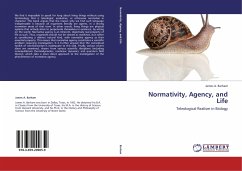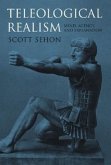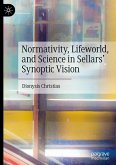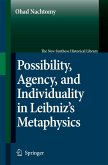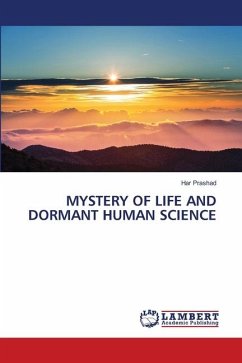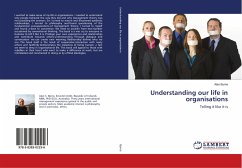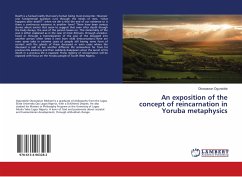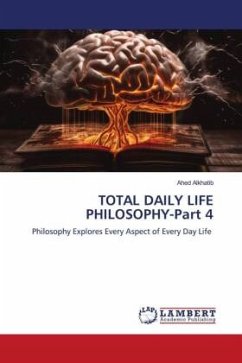We find it impossible to speak for long about living things without using terminology that is teleologial, evaluative, or otherwise normative in character. This book argues that the reason why we find such language indispensable is because all organisms literally are agents, in a strong normative sense of that term. In other words, living things are physical systems that actively strive to perpetuate themselves in existence, by acting on the world. Normative agency is an inherent, objectively real property of life as such. Thus, organisms should not be viewed as machines, but rather as constituting a distinct natural kind, with normative agency as their essential property. This means that normative agency constitutes a scientific problem requiring investigation. It is further argued that the conceptual toolkit of neo-Darwinism is inadequate to this task. Finally, various recent ideas are examined, drawn from various scientific disciplines (including nonequilibrium thermodynamics,nonlinear dynamics, and quantum field theory), which take a more direct approach to the investigation of the phenomenon of normative agency.
Bitte wählen Sie Ihr Anliegen aus.
Rechnungen
Retourenschein anfordern
Bestellstatus
Storno

